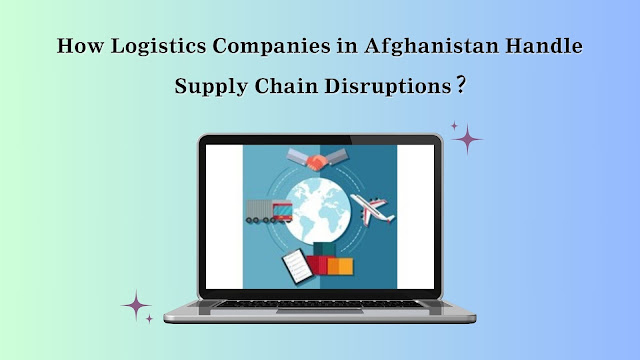How Logistics Companies Can Navigate Tariffs to Gain Competitive Advantage?
Global trade is constantly shaped by shifting tariffs, trade agreements, and political policies. For many businesses, these changes create uncertainty and added costs. However, logistics companies that understand how to navigate tariffs strategically can turn challenges into opportunities, creating a competitive advantage in an increasingly complex supply chain landscape.
Understanding the Impact of Tariffs
Tariffs directly affect the cost of goods moved across
borders. When new tariffs are imposed, importers and exporters often face
increased expenses, which in turn influence shipping volumes, trade routes, and
supply chain efficiency. Logistics companies that closely monitor tariff
regulations can provide timely insights to clients, helping them adjust
sourcing strategies, reroute shipments, or negotiate better trade terms.
Leveraging Trade Compliance Expertise
One of the most effective ways logistics
companies can gain an edge is by offering strong compliance services.
By maintaining up-to-date knowledge of customs regulations and trade
agreements, they help clients minimize penalties and delays. A logistics
partner with compliance expertise can advise on tariff classification, free
trade zones, and duty drawback programs—tools that significantly reduce costs
and improve efficiency.
Optimizing Supply Chain Routes
When tariffs make certain trade lanes more expensive,
logistics companies can adjust shipping strategies. For example, shifting goods
to alternative ports, consolidating shipments, or using multimodal transport
can offset tariff-related expenses. Companies that provide flexible,
tariff-conscious routing not only reduce costs for their clients but also
enhance customer trust and loyalty.
Technology-Driven Solutions
Digital tools are transforming how logistics companies
handle tariffs. Advanced software platforms can analyze trade data, model
tariff impacts, and identify cost-saving opportunities in real time. Predictive
analytics also help anticipate changes in trade regulations, allowing companies
to adapt before disruptions occur. Embracing automation, AI-driven customs
clearance, and blockchain-based tracking further improves transparency and
compliance.
Strategic Partnerships
Strong partnerships with freight forwarders, customs
brokers, and local agents allow logistics companies to navigate tariff-related
complexities more effectively. Collaborating across networks ensures smoother
customs processes, access to updated trade intelligence, and better negotiation
power. This cooperative approach not only reduces risk but also strengthens the
company’s position in the global logistics market.
Value-Added Services for Clients
Beyond simply moving goods, logistics companies can gain
competitive advantage by offering tariff-focused advisory services. These may
include tariff engineering strategies, supply chain redesign consultations, and
financial planning to mitigate duty costs. By acting as strategic partners,
logistics providers move beyond operational roles and become trusted advisors
in trade management.
Building Resilience and Agility
The global trade environment is unpredictable, but logistics
companies that remain agile can withstand tariff disruptions. Developing
contingency plans, diversifying sourcing locations, and staying ahead of
regulatory shifts enables them to provide consistent, cost-effective solutions
to clients. Agility transforms tariff challenges into opportunities for growth.
Conclusion
Tariffs may create obstacles in international trade, but
they also open doors for innovation and differentiation. Logistics companies
that combine compliance expertise, technology adoption, and flexible supply
chain strategies can not only navigate tariffs effectively but also turn them
into a source of competitive advantage. In a volatile trade environment, these
proactive measures ensure long-term success and stronger client relationships.
.jpg)



Comments
Post a Comment